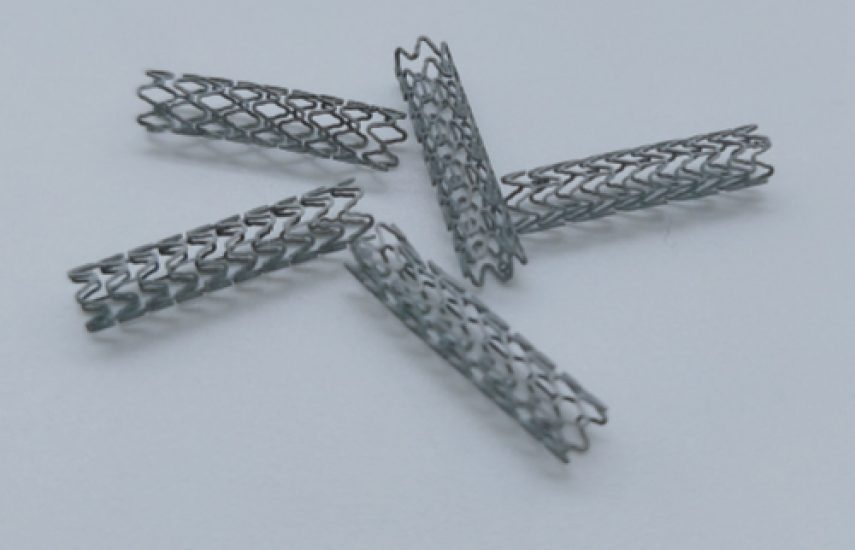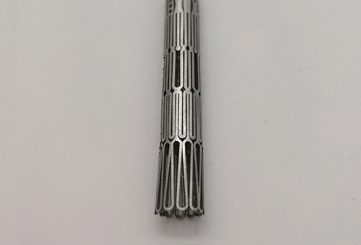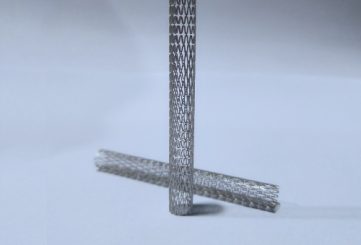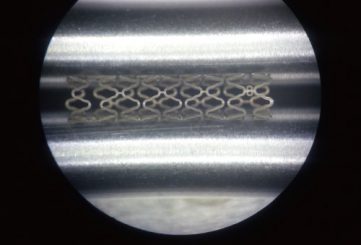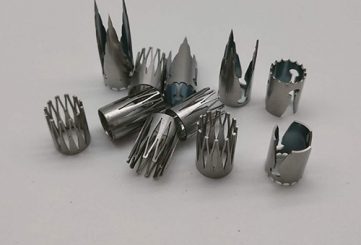Biodegradable Scaffold
Biodegradable Scaffold: a temporary, bioabsorbable framework supporting tissue regeneration
The Biodegradable Scaffold is an advanced biomedical implant designed to facilitate tissue regeneration and repair. Engineered to degrade naturally within the body, it provides structural support during the healing process and is gradually replaced by native tissue. Crafted from biocompatible, bioabsorbable materials, the scaffold ensures safe integration with biological systems, minimizing immune responses and eliminating the need for surgical removal post-healing.
תכונות עיקריות
- Biocompatibility: Safe for integration with human tissue, reducing adverse reactions.
- Controlled Degradation: Breaks down at a predictable rate, aligning with tissue regeneration.
- High Porosity: Enables cell infiltration and nutrient diffusion for effective tissue growth.
- Customizable Design: Tailored to specific anatomical and medical requirements.
- Mechanical Strength: Provides robust support during the healing process.
Certification and Standards
- ISO 13485: Medical Device Quality Management Systems.
- ISO 10993: Biological Evaluation of Medical Devices.
- FDA-compliant materials and manufacturing processes.
- CE marking for European market compliance.
- Composition: Polylactic acid (PLA), polyglycolic acid (PGA), or copolymers, ensuring biocompatibility and controlled degradation.
- Degradation Time: Adjustable from 3 to 24 months, depending on material blend and application.
- Porosity: 70-90% porosity for optimal cell migration and nutrient flow.
- Surface Texture: Micro-textured to promote cell adhesion and proliferation.
- Sterilization: Compatible with gamma radiation and ethylene oxide sterilization methods.
- Orthopedic Repair: Supports bone regeneration in fractures and defects.
- Cardiovascular: Guides tissue growth in vascular grafts and heart tissue repair.
- Dental: Facilitates bone regeneration for dental implants.
- Soft Tissue Repair: Used in skin, cartilage, and ligament regeneration.
- Research: Employed in tissue engineering studies and regenerative medicine development.
- Dimensions: Customizable, ranging from 1 mm to 100 mm in diameter and thickness.
- Pore Size: 100-500 µm, optimized for specific cell types.
- Tensile Strength: 10-50 MPa, depending on material and application.
- Degradation Rate: Tailored to match tissue regeneration timelines (3-24 months).
- Packaging: Sterile, vacuum-sealed to ensure product integrity.

